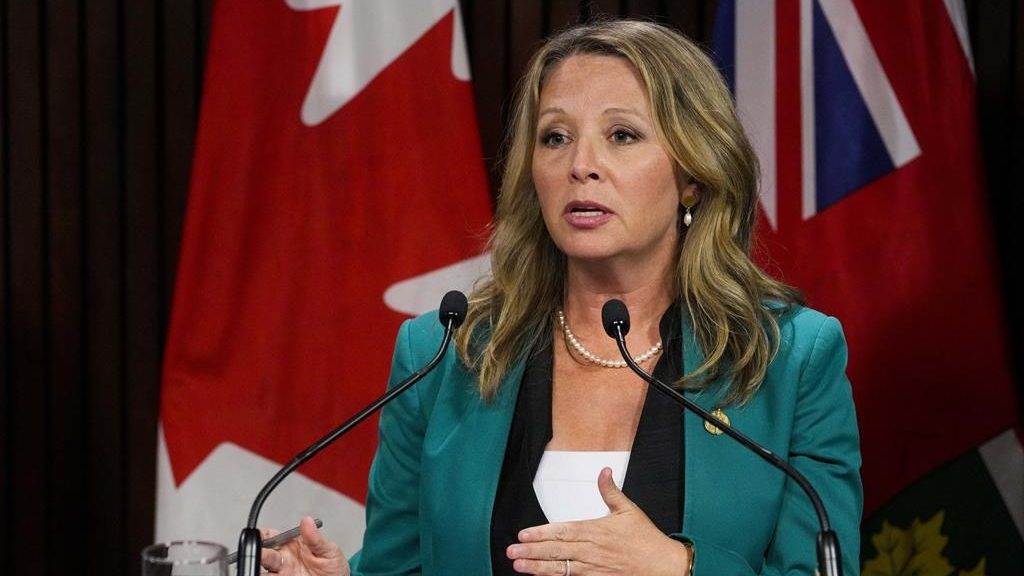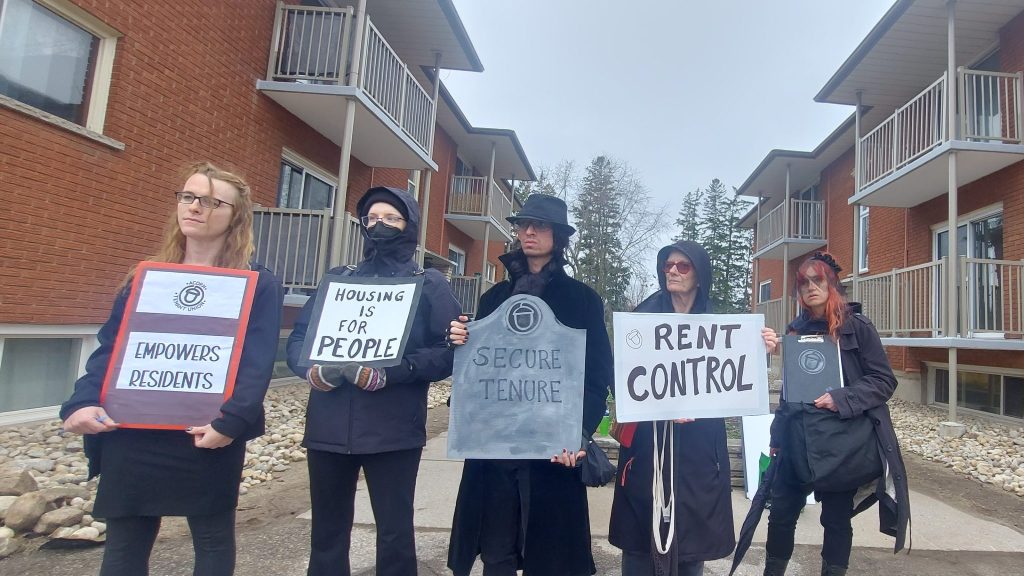Desmond inquiry: social worker reveals details about final call with former soldier
Posted Apr 21, 2021 12:47:20 PM.
Last Updated Apr 21, 2021 12:57:08 PM.
PORT HAWKESBURY, N.S. — A Nova Scotia inquiry investigating why a former soldier killed his family and himself in 2017 heard today from a social worker hired by Veterans Affairs to act as Lionel Desmond’s clinical care manager.
Helen Luedee testified she was hired in August 2016, but says it was three months before arrangements could be made to meet with her new client for the first time.
Luedee, whose role was co-ordinating Desmond’s care, says there were delays in arranging the training she needed to use the department’s online record-keeping.
The inquiry has heard Desmond receive no actual therapeutic services in the four months before the killings.
Desmond served as a combat soldier in 2007, was diagnosed with severe post-traumatic stress disorder and major depression in 2011 and received more than four years of treatment before he left the military in June 2015.
Luedee says she met Desmond only twice — on Nov. 30, 2016 and Dec. 9, 2016 — and concluded the former infantryman required extensive, long-term support to deal with PTSD and challenges he faced re-integrating with his family and civilian life.
Despite the fact Desmond faced many challenges, Luedee says she never received any health-related documents from Veterans Affairs.
As well, she confirmed Desmond appeared to be facing a crisis when he called her on Jan. 2, 2017, and explained how the holiday period had been rough for him and his family.
Luedee says the former corporal talked about an argument he and his wife had on New Year’s Eve, and that he said it appeared his marriage was falling apart.
“He said he felt he was trying very hard to get help for their marriage, but she had checked out,” Luedee said.
The social worker says she explained to Desmond that as his clinical care manager it wasn’t her role to provide counselling. But she told the inquiry it was clear her client needed someone to talk to and needed advice on what to do next.
Luedee says she gave Desmond a list of things to do, which included contacting his psychotherapist and the Family Services Association, among other things.
As well, she says Desmond made it clear he wasn’t experiencing any suicidal or homicidal thoughts, though it was clear he was struggling.
“He was clearly upset that his marriage was ending,” Luedee told the hearing. “But he wanted to work on his marriage.”
Desmond also talked about how he had sought help the night before at the emergency room at St. Martha’s Regional Hospital in Antigonish, N.S., though he indicated the overnight visit didn’t help him much.
As well, Desmond admitted he had trouble controlling his temper, saying he sometimes raised his voice and would “blow up in an inappropriate way,” Luedee said. And he complained about feeling isolated and worried about where he was going to live.
Leudee says that once she was confident Desmond was not a threat to himself or others, she helped Desmond plan his next, immediate steps toward seeking help — a process that seemed to calm her client.
The next night, at around 6 p.m., the former infantryman fatally shot his 31-year-old wife, Shanna, their 10-year-old daughter, Aaliyah, and his 52-year-old mother, Brenda, before turning the gun on himself in their rural Nova Scotia home.
This report by The Canadian Press was first published April 21, 2021.
The Canadian Press










